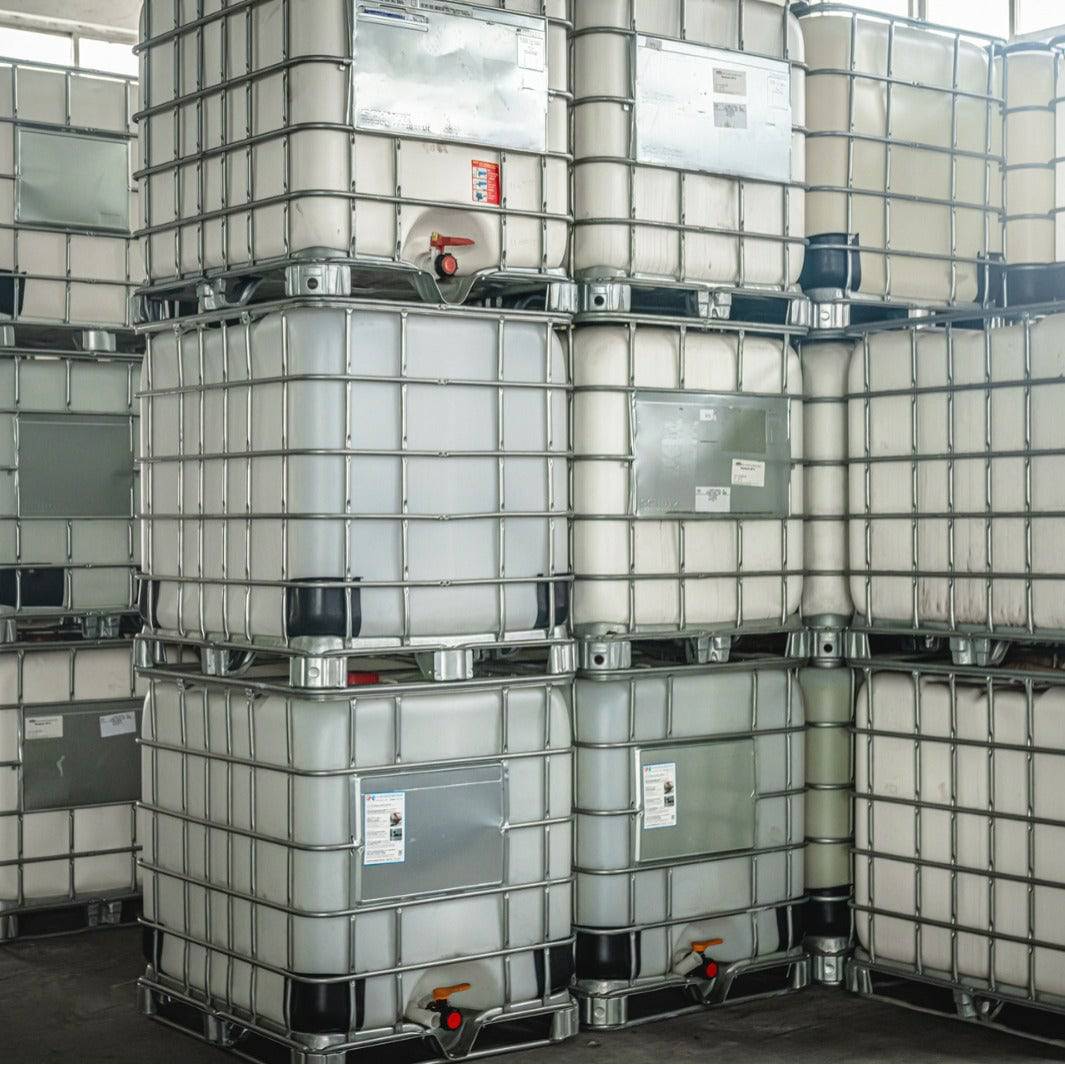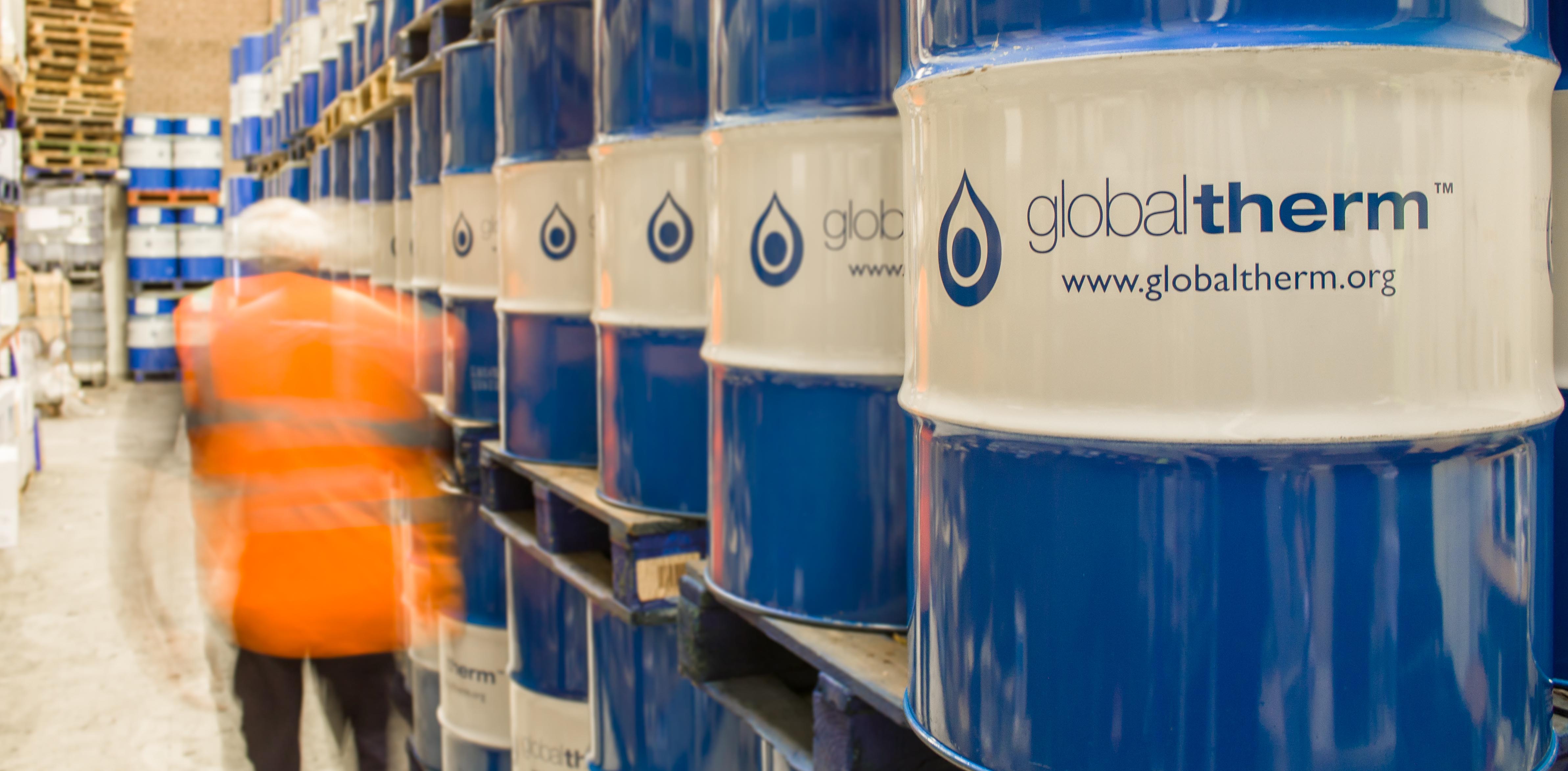Why Picking the Right Heat Transfer Fluid Is Important for Optimal System Performance
Choosing a proper warmth transfer liquid is a crucial choice that can significantly influence system performance and operational expenses. The right liquid not just enhances thermal performance yet also ensures longevity and integrity of tools, lowering the threat of expensive downtimes. Trick residential properties such as thermal conductivity, thickness, and thermal security has to be very carefully examined to maximize power intake and prevent prospective failings. As the ramifications of this choice prolong far past prompt efficiency, comprehending the nuances of fluid option ends up being vital for any person seeking to attain optimum system efficiency. What aspects should be prioritized in this vital decision-making procedure?
Value of Heat Transfer Fluids
What role do heat transfer fluids play in commercial processes? Warm transfer liquids are essential for the effective transfer of thermal power within various industrial systems.
The selection of warmth transfer fluid can substantially affect power efficiency, tools, and security durability. Liquids should be qualified of standing up to high temperatures and pressures without degrading, in addition to exhibit marginal volatility and low poisoning. Their performance straight influences not just the productivity of the system however also its operational costs.
Furthermore, heat transfer fluids play a crucial role in keeping process control, making sure that temperature level fluctuations are lessened. This is specifically essential in delicate applications such as drugs and petrochemicals, where precise temperature monitoring is crucial. Generally, the relevance of picking the best heat transfer liquid can not be overstated, as it is essential to enhancing commercial processes and improving overall system efficiency.
Secret Properties to Consider
When choosing a heat transfer liquid, which key properties should be prioritized to make sure ideal performance? Primarily, thermal conductivity is essential; a fluid with high thermal conductivity will efficiently transfer warmth, minimizing energy loss. In addition, the particular heat capability of the liquid is crucial, as it identifies just how much power the fluid can launch and keep, influencing overall system responsiveness.
Thickness is one more substantial building to take into consideration, as it influences the liquid's flow attributes; reduced viscosity fluids are normally liked for less complicated flow and minimized pumping power. The liquid's temperature level variety is equally essential; it has to perform successfully within the operational temperatures of the system without weakening or evaporating.
Chemical security is important to avoid destruction in time, which can cause system inadequacies and possible failures - thermal oil. Additionally, compatibility with system materials ought to not be neglected to avoid deterioration or damages to elements. Think about the environmental impact and safety account of the fluid, as laws and sustainability objectives increasingly affect liquid option. By prioritizing these key residential properties, one can choose a heat transfer fluid that improves system strength and integrity.

Influence On System Performance
The choice of warmth transfer fluid straight affects system efficiency, affecting both energy usage and functional performance. A liquid's thermal conductivity, viscosity, and warm capacity play critical duties in how effectively it moves warmth within a system. Optimum fluid residential or commercial properties guarantee that heat is taken in and distributed effectively, decreasing power losses and boosting the general efficiency of the system.

Furthermore, the compatibility of the liquid with system products can significantly impact efficiency. A fluid that causes corrosion or deterioration can result in leakages and system failures, better diminishing effectiveness. In summary, the appropriate heat transfer liquid not just maximizes energy performance and reduces costs yet additionally improves the reliability and longevity of the system, making it a crucial factor to consider for designers and decision-makers in thermal monitoring applications.
Typical Sorts Of Heat Transfer Fluids
A selection of warm transfer liquids are generally employed in thermal administration systems, each with distinctive buildings matched to details applications. Water is just one of one of the most widely made use of warm transfer liquids as a result of its high specific warm capacity, low expense, and availability. Nevertheless, its freezing point restricts its usage in low-temperature applications.
Thermal oils, commonly originated from oil, are another prominent option, specifically in high-temperature systems. These fluids can run at elevated temperature levels without vaporizing, making them ideal for industrial applications. Nevertheless, they might have limitations concerning thermal stability.
Refrigerants, made use of primarily in cooling down systems, have one-of-a-kind thermodynamic residential or commercial properties that permit reliable heat transfer at low temperature levels. Their option is essential to ensure efficiency and conformity with environmental guidelines.

On top of that, stage adjustment products click here for info (PCMs) are getting grip for their capacity to take in and launch considerable quantities of warmth throughout stage changes, supplying an unique remedy for thermal energy storage. Each liquid's specific attributes need to be evaluated for optimal efficiency.
Best Practices for Option
Choosing the ideal warm transfer liquid includes mindful consideration of a number of crucial factors that line up with the details requirements of the application. Second, think about the liquid's thermal conductivity, which affects warm transfer prices; greater thermal conductivity typically leads to enhanced performance.
Additionally, review the liquid's thickness, as it influences pumping power and general system efficiency. Reduced thickness liquids typically lower power consumption throughout blood circulation. Compatibility with system products is an additional crucial aspect; ensure that the fluid does not trigger deterioration or deterioration of pipelines and parts.
Next, take into consideration the liquid's stability and long life, specifically in high-temperature applications. A secure fluid lessens maintenance and replacement costs. Environmental and safety regulations should lead your option process, highlighting safe and eco pleasant options when feasible.
Final Thought
In verdict, choosing the appropriate warmth transfer liquid is essential for achieving ideal system efficiency. The ideal liquid improves thermal conductivity, minimizes power losses, and promotes devices long life, ultimately leading to better system dependability and efficiency.
Warmth transfer fluids are vital for the effective transfer of thermal energy within different industrial systems. In addition, the certain heat capacity of the fluid is vital, as it establishes just how much power the liquid can launch and save, impacting total system responsiveness.
Think about the ecological influence and safety and security account of the fluid, as laws and sustainability objectives progressively influence liquid option - propylene More Help glycol. A fluid's thermal conductivity, viscosity, and warm capacity play essential duties in how successfully it transfers heat within a system. Water is one of the most extensively used heat transfer liquids due to its high specific warm capacity, low expense, and schedule